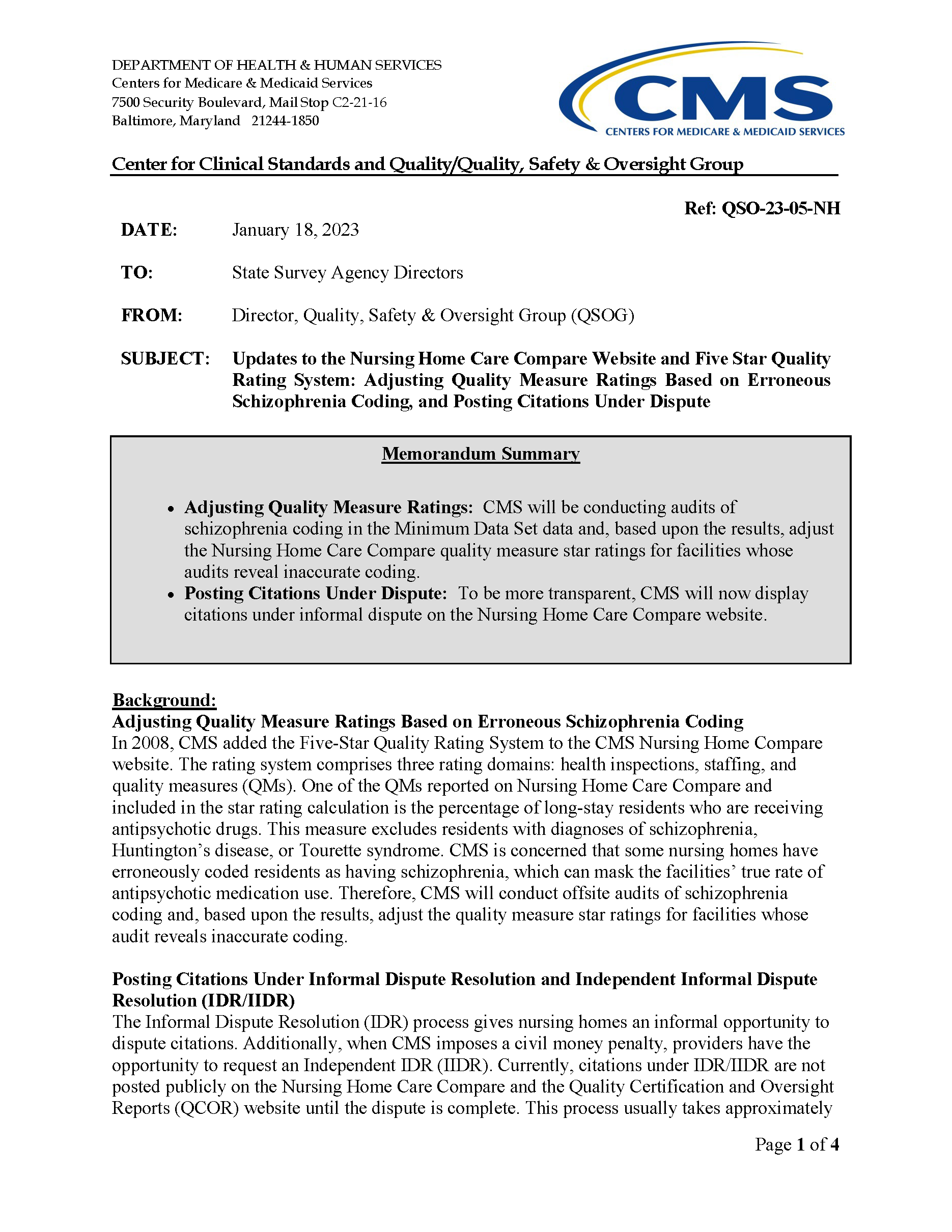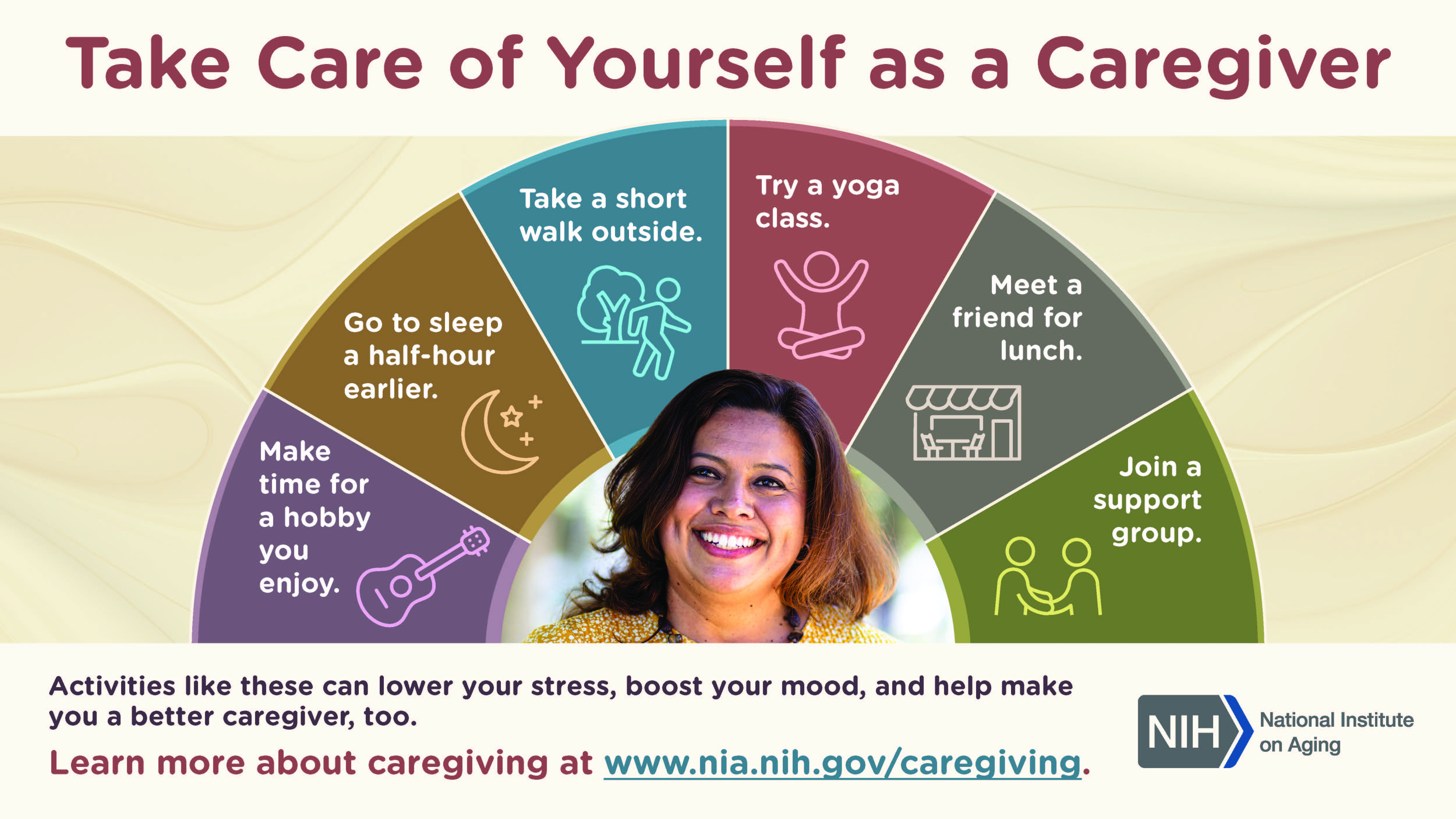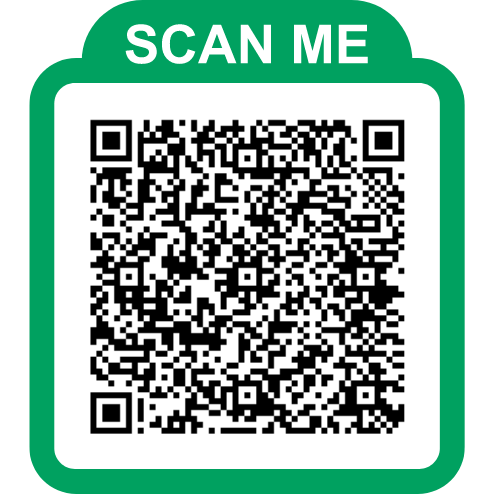|

February 2023 Newsletter
The Center of Excellence for Behavioral Health in Nursing Facilities (COE-NF) provides mental health and substance use evidence-based training, customized technical assistance and resources to certified Medicare and Medicaid nursing facility staff who care for residents with a variety of behavioral health conditions at absolutely no cost.
Alliant Health Solutions (AHS) was awarded a three-year cooperative agreement from the Substance Abuse and Mental Health Services Administration (SAMHSA) to create a Center of Excellence for Behavioral Health in Nursing Facilities (COE-NF). Alliant has over 50 years of experience working with nursing homes and behavioral health in nursing homes.
Interested in learning more? Download the FAQs about the Center of Excellence, click HERE.
In this issue:
We Heard You
Last month, we asked if you wanted to learn more about serious mental illness (SMI) and the response was yes. This month’s newsletter focuses on schizophrenia, one of the Serious Mental Illness (SMI) diagnoses. Continue reading to learn about diagnosis, treatment, and practical strategies for meeting residents’ needs.
Behavioral Health Guidance Updates
CMS recently announced a focus on ensuring accurate schizophrenia diagnoses in nursing facilities. Click HERE to read the full CMS announcement. CMS also clarified instructions on Minimum Data Set (MDS) coding of schizophrenia. View the updated Resident Assessment Instrument (RAI) Manual instructions HERE and view pages 2-4 to learn more.
Schizophrenia
Diagnosis
To receive a diagnosis of schizophrenia, a person must have experienced at least two of the following symptoms most of the time during a one-month period, with some level of disturbance being present for six months:
• Delusions, such as a belief that a person is being poisoned
• Hallucinations, such as hearing a voice that issues orders
• Disorganized speech, such as logic that is difficult for others to understand
• Grossly disorganized or catatonic behavior, ranging from coma-like inactivity to hyperactivity
• Negative symptoms, i.e. diminished emotional expression
At least one of the symptoms must be delusions, hallucinations, or disorganized speech (DSM-5). (Adapted from the APA Diagnostic and Statistical Manual of Mental Disorders (DSM-5-TR)).
Treatment
Although there is no cure for schizophrenia, it can be effectively treated and managed. Current treatments for schizophrenia focus on helping individuals to manage their symptoms, improve day-to-day functioning, achieve personal life goals and have fulfilling relationships.
- Antipsychotic medications can help make psychotic symptoms less intense and less frequent. People respond to antipsychotic medications in different ways. It is important to report any side effects to a health care provider.
- Psychosocial treatments help people find solutions to everyday challenges and manage symptoms. Examples of this kind of treatment include cognitive behavioral therapy and behavioral skills training.
- Educational programs can help family and friends learn about symptoms of schizophrenia, treatment options, and strategies for helping loved ones with the illness.
- Assertive Community Treatment (ACT) is designed especially for individuals with schizophrenia who are likely to experience multiple hospitalizations or homelessness. ACT is usually delivered by a team of health professionals who work together to provide care to patients in the community.
Source: National Institute of Mental Health
Resources
There are instances when a resident with schizophrenia may become anxious, fearful, demanding, or agitated. We’ve developed resources to aid nursing facility staff to engage and support residents more effectively during such situations. These resources provide nonpharmacological interventions that can be individualized and included in the resident’s care plan.
- Comfort Menu - Use the comfort menu to identify ways to reduce anxiety and discomfort that a resident may experience, without using medications. Review the menu with the resident and encourage the resident to select options from the menu. Click HERE to download.
Did You Know?
Although schizophrenia can occur at any age, the average age of onset tends to be in the late teens to the early 20s for men, and the late 20s to early 30s for women. It is uncommon for schizophrenia to be diagnosed in a person younger than 12 or older than 40. (Source: NAMI: Schizophrenia)
You Matter

As we practice making the facility resident’s mental health a priority, let’s also focus on the importance of the mental health needs of the facility staff. The National Institute on Aging provides some easy-to-implement self-care tips for taking care of yourself as a caregiver. Consider sharing this flyer during a staff meeting or posting it in a staff break area.
March is National Social Work Month
 National Social Work month is a great time to acknowledge the positive impact nursing facility social workers have on the physical, mental, psychosocial well-being and quality of life of nursing home residents. Social workers in nursing facilities can be a great resource as your facility focuses on ways to improve behavioral health services. Often, they can be the facility champion that helps the interdisciplinary team assess and identify best practice interventions and approaches for residents with behavioral health needs.
National Social Work month is a great time to acknowledge the positive impact nursing facility social workers have on the physical, mental, psychosocial well-being and quality of life of nursing home residents. Social workers in nursing facilities can be a great resource as your facility focuses on ways to improve behavioral health services. Often, they can be the facility champion that helps the interdisciplinary team assess and identify best practice interventions and approaches for residents with behavioral health needs.
The Center of Excellence for Behavioral Health in Nursing Facilities applauds the great work of nursing facility social workers!
 Join our text message list! Join our text message list!
Scan the QR code below or click HERE to sign-up and receive text notifications from COE-NF. Stay up-to-date on news about this new support for your facility.
Contact us:
For more information, we can be reached by phone at
1-844-314-1433 or by email at coeinfo@allianthealth.org.
Want to opt-out from receiving news from us? Click HERE to unsubscribe.
This newsletter was made possible by grant number 1H79SM087155 from the Substance Abuse and Mental Health Services Administration (SAMHSA). Its contents are solely the responsibility of the authors and do not necessarily represent the official views of the Substance Abuse and Mental Health Services Administration.
|